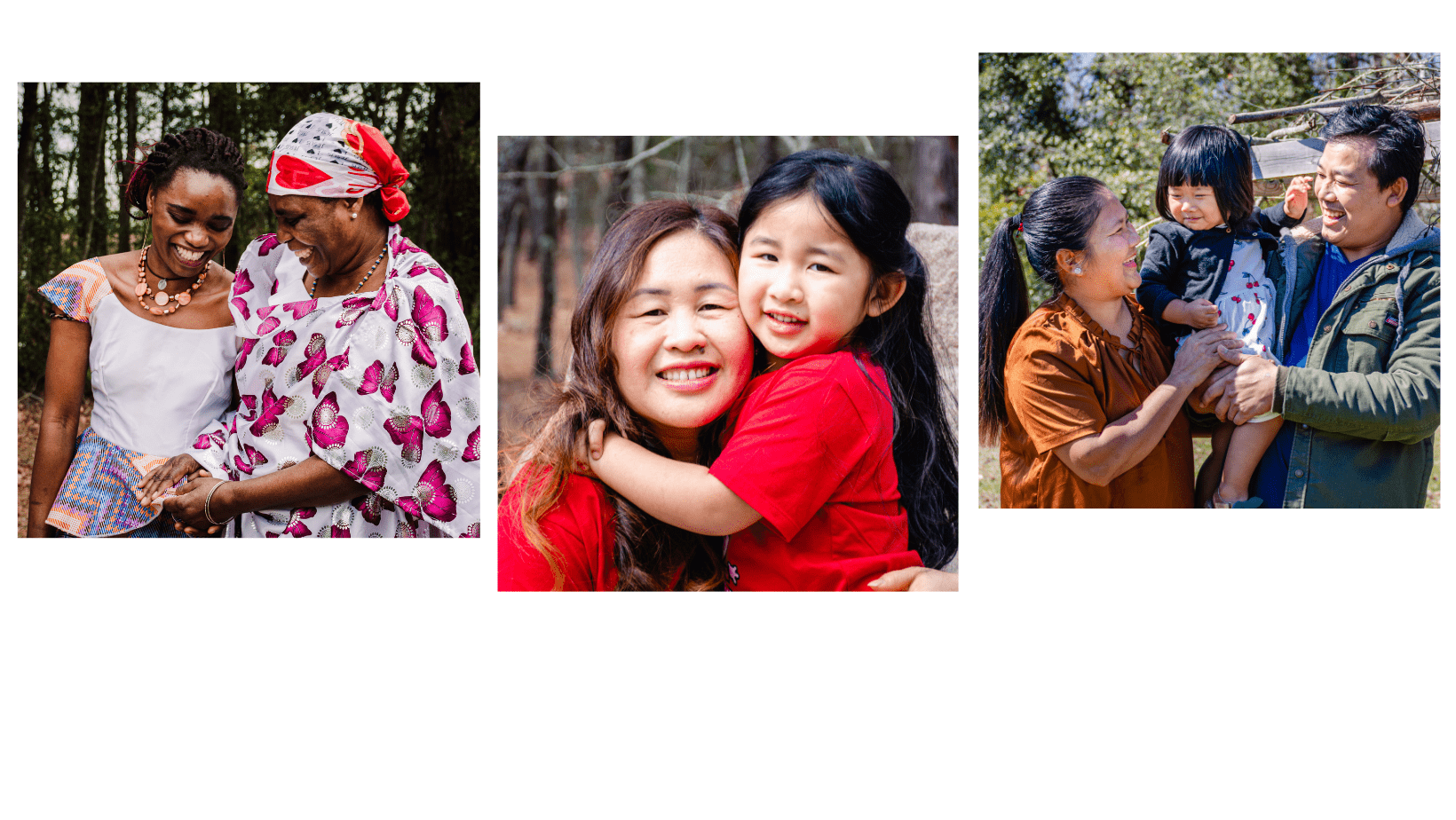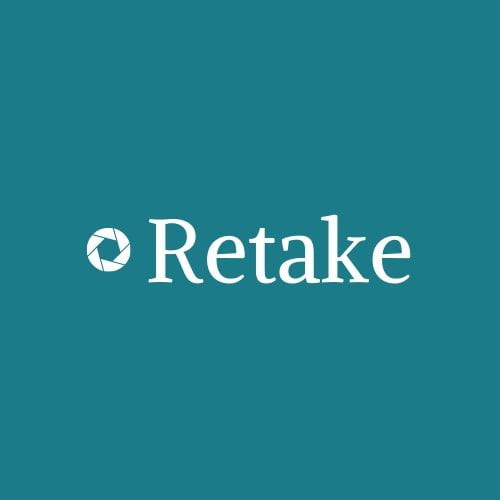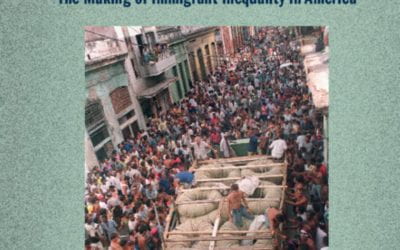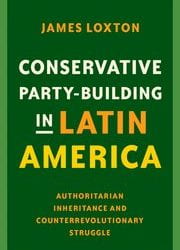The Challenges of One Nonprofit During Covid-19
The first time I realized I could offer photos to people who had endured more than I could even imagine was when I was 22 years old and living in Egypt as a freelance photojournalist. A colleague volunteered with refugees from Sudan, and we were invited to attend a refugee couple’s wedding. It was a tight-knit community and a very intimate ceremony. They didn’t have a photographer, and I never went anywhere without my camera. I was able to offer them photographs of their most memorable moments for free, and it struck a chord. Over a decade later, I took that memory and combined it with my background in photography and years of working with nonprofits to found Retake.
Retake is a nonprofit that offers free photos and photoshoots to people who have lost their homes and belongings due to disasters such as fires, hurricanes and tornadoes, or to people who come from conflict areas and are now refugees, migrants, immigrants, displaced people or asylum seekers. We seek to create new keepsakes as they rebuild their lives. The way it works, I network with organizations and people already in place who connect me directly with possible recipients. They are on the ground and know their community. From there, we schedule either individual photoshoots at a home or photoshoot days where numerous families come to a central location for free photoshoots. Afterwards, the photographs are edited, printed, framed and delivered to the recipients.
The idea was in the back of my head for a while, but I created the organization in January 2020. Little did I know, I was about to have a lot of time on my hands to finalize the details thanks to a global pandemic. As other small businesses or nonprofit organizations can attest, Covid-19 forced us all to pause and recalibrate. It was a chance for me to plan and set goals for the next few years. And Retake is not only new, it is also small. Besides myself, there is the board of directors and a small group of supportive ambassadors who help. It was important for me to not let this be a detrimental forced pause, but a chance to grow.
 As restrictions slowly lifted at the start of 2021, I was able to offer our photoshoots as safely as possible and work with refugees and disaster survivors along the southern East Coast of the United States. Our headquarters is in the hurricane-heavy area of coastal North Carolina, and I decided to work with people in driving distance as we move forward. What other options do I have to stay safe and still do the work?
As restrictions slowly lifted at the start of 2021, I was able to offer our photoshoots as safely as possible and work with refugees and disaster survivors along the southern East Coast of the United States. Our headquarters is in the hurricane-heavy area of coastal North Carolina, and I decided to work with people in driving distance as we move forward. What other options do I have to stay safe and still do the work?
However, there are so many projects centered around those devastated in the Caribbean and Latin America that I want to focus on. I particularly want to work next with local people in Haiti and Puerto Rico. Before the pandemic, they suffered through years of disasters from hurricanes to mismanaged government aid. There are so many families who we could offer new portraits to. However, the shut-down and global pandemic has only made things worse for them.
While I want to start planning work trips and connecting with communities in island countries, Covid-19 is still forcing me to wait. As vaccines start to become more available worldwide and commitments from countries like the United States, Russia, the United Kingdom and China are made, I am eagerly watching to see the numbers of those vaccinated rise and the number of infected decrease. I don’t think it’s realistic that those numbers will be in a place that allows for safe international travel before the next hurricane season starts, though. I’m still starting our outreach and building those connections with people in those islands with hopes the pandemic and the climate crisis don’t deter me anymore than they already have.
To learn more about Retake, please visit www.retakeorganization.com.
Danielle Desnoyers has been a freelance photographer since she graduated with a bachelor’s degree in Photojournalism from American University. The next decade was a steady rotation between working with photography clients, fundraising and communication for nonprofits, traveling and living in different countries, and managing restaurants in the United States. She became a full-time international photographer in January 2018 and primarily lived in Vietnam. She also went on nonprofit photography trips to Cambodia and India for NGOs during that time. In January 2020, she combined all she had learned and witnessed throughout her career to create Retake. She is an avid reader, big fan of national parks, and devoted aunt to her many nieces and nephews.
Related Articles
A Review of Cuban Privilege: the Making of Immigrant Inequality in America by Susan Eckstein
If anyone had any doubts that Cubans were treated exceptionally well by the United States immigration and welfare authorities, relative to other immigrant groups and even relative to …
A Review of Conservative Party-Building in Latin America: Authoritarian Inheritance and Counterrevolutionary Struggle
James Loxton’s Conservative Party-Building in Latin America: Authoritarian Inheritance and Counterrevolutionary Struggle makes very important, original contributions to the study of…
Endnote – Eyes on COVID-19
Endnote A Continuing SagaIt’s not over yet. Covid (we’ll drop the -19 going forward) is still causing deaths and serious illness in Latin America and the Caribbean, as elsewhere. One out of every four Covid deaths in the world has taken place in Latin America,...





